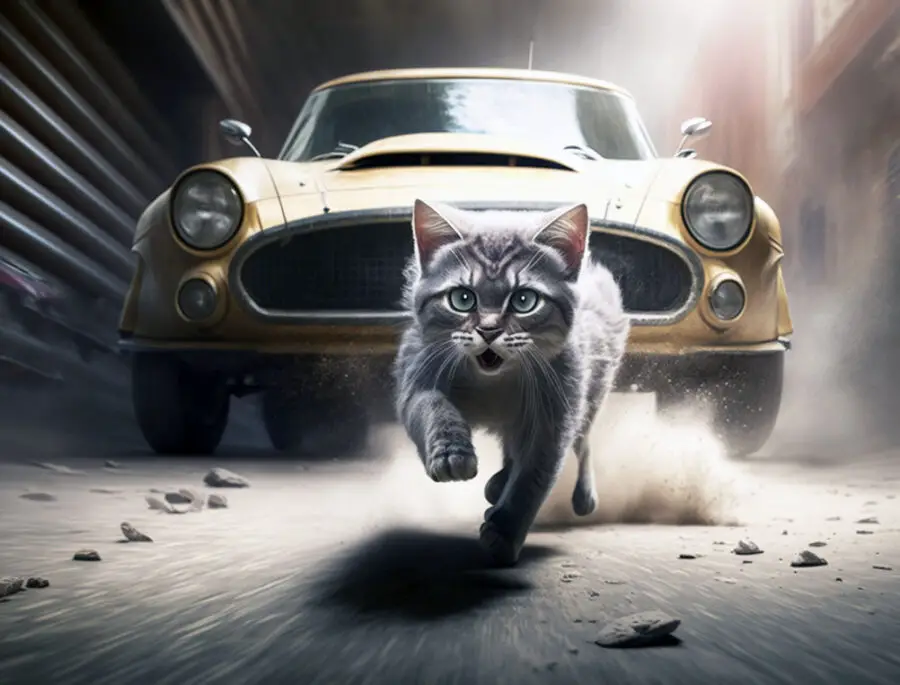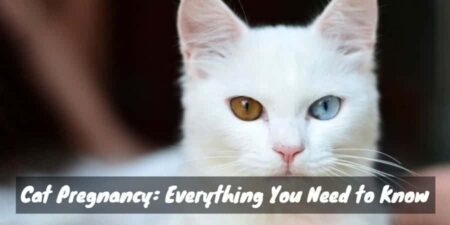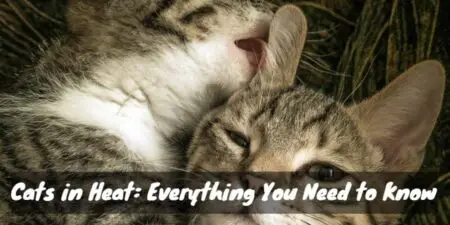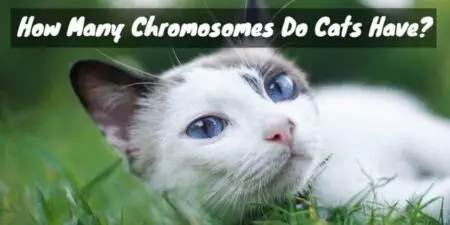While we adore our feline friends for their nine lives, the unfortunate reality is that their mortality is as real as ours.
The causes of death in cats are myriad, spanning from natural age-related ailments to sudden traumatic incidents.
As much as we relish their playful pounces and soft purrs, understanding the factors contributing to their demise is crucial.
This knowledge not only prepares us for the inevitable but also equips us to potentially extend their lives by identifying and mitigating certain risks.
Cats, just like humans, are susceptible to a variety of diseases and conditions, many of which become more likely as they age.
Renal disease, cancer, and heart disease are among the most common culprits, claiming a significant number of our beloved pets each year.
However, it’s not only health conditions that pose a risk.
Trauma, often resulting from road traffic accidents, also accounts for a substantial portion of feline fatalities, especially in younger, more adventurous cats.
Let’s delve into the data that paints a clearer picture of these grim realities.
Leading Causes of Death for Cats
A study conducted in the United Kingdom by O’Neill et al., published in the “Journal of Feline Medicine and Surgery” in 2015, analyzed the causes of death in cats.
The study noted that trauma was the leading cause of death in cats less than a year old, while for cats older than a year, the most common causes were kidney disease and cancer.
Here’s a simplified and generalized table based on that study and other common issues observed in cats:
| Cause of Death | Estimated Percentage |
|---|---|
| Kidney Disease | ~25% |
| Cancer | ~20% |
| Trauma (e.g., accidents) | ~15% |
| Heart Disease | ~10% |
| Lower Respiratory Tract Diseases | ~5% |
| Other Causes (infections, etc.) | ~25% |
This table is only a rough approximation and actual rates may vary significantly based on factors such as location, breed, lifestyle (indoor vs. outdoor), and access to veterinary care.
Remember that many cats die of old age or related complications, which may not be easily classified under a single cause of death.
In such cases, the immediate cause of death might be something like kidney failure, but the underlying cause is simply old age and the associated decline in bodily functions.

How Frequently Are Cats Hit by Cars?
A study conducted in the UK found that road traffic accidents accounted for over 10% of sudden deaths in cats.
Young cats and males are generally more likely to be victims of road traffic accidents due to their adventurous nature and larger territories, respectively.
In the US, the situation can be quite different, especially considering the vast variety of living environments, from dense urban areas to sprawling rural ones.
Note that in many parts of the US and in other countries, it’s more common for cats to be kept indoors, which significantly reduces the risk of being hit by a car.
Regardless of the exact statistics, the risk of road traffic accidents is a major concern for cat owners who allow their cats to roam outdoors.
Many vets and animal welfare organizations advise keeping cats indoors, or providing safe, enclosed outdoor spaces for them, to keep them safe from traffic and other hazards.
Summary
While it’s true that cats, like all living beings, face various risks and potential health issues that can lead to death, these realities should not deter potential pet owners from adopting a feline companion.
The most common causes of cat deaths, such as kidney disease, cancer, and accidents, are part and parcel of life itself, not just for cats but for all creatures.
Remember that with proper care, regular veterinary check-ups, and a safe living environment, many of these risks can be significantly mitigated.
Owning a cat brings immense joy, companionship, and a unique bond that far outweighs the inevitable challenges and eventual heartache that come with the cycle of life.
Adopting a cat can be a rewarding experience filled with many years of shared love and companionship.
Psycho Cat (Video)
"In ancient times cats were worshipped as gods; they have not forgotten this."
-- Terry Pratchett





